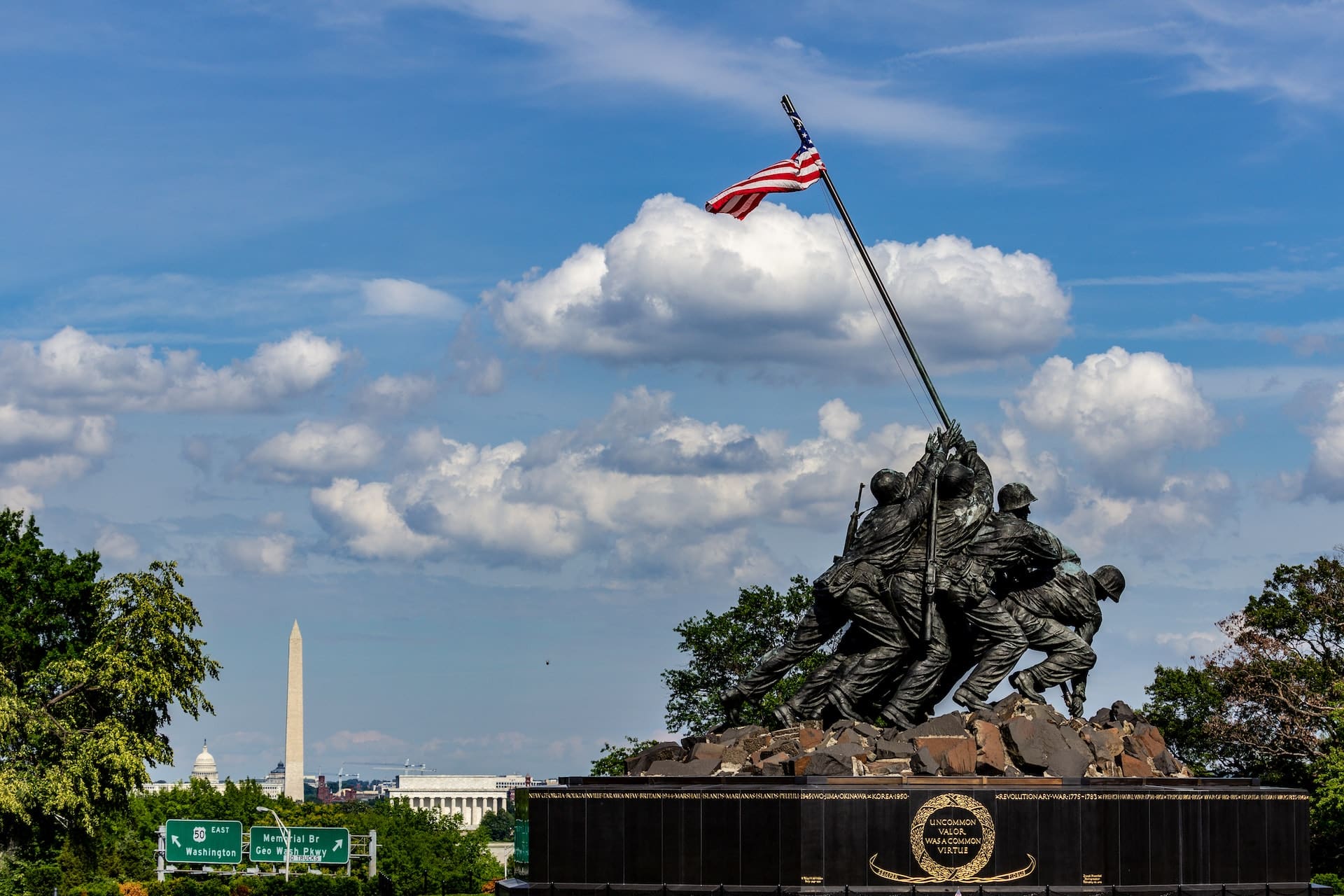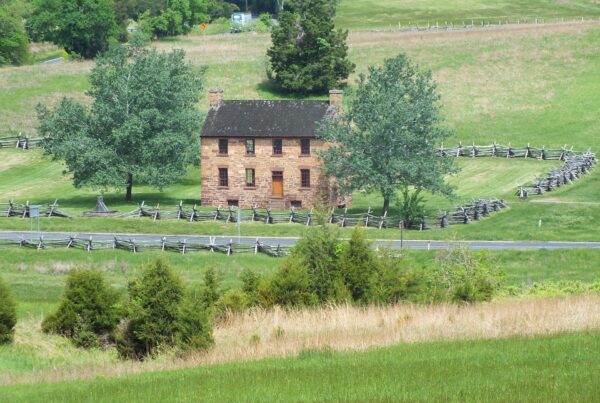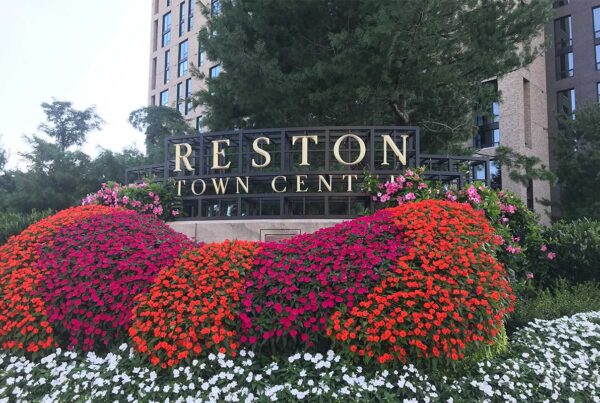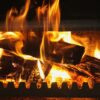Decoding the Enigma of Chimney Odors in Arlington VA: Causes and Remedies
The fireplace is a quintessential aspect of many homes in Arlington, Virginia. It provides warmth on cold winter nights and adds a touch of charm to any living room. However, it can also be the source of unpleasant odors that seem to permeate the entire house. The causes of these odors are often enigmatic to homeowners, leaving them puzzled about how to rid their homes of them. So, let’s decode the enigma of chimney odors, delve into their causes, and explore effective remedies.
A&T Chimney Sweeps fireplace cleaning and repair service in Arlington VA, a leading company in the region, has years of experience dealing with such situations. They shared their expertise to help us understand the complex issue of chimney odors.
**Causes of Chimney Odors**
1. **Creosote and Soot Build-up:** The main culprit behind most chimney odors is the build-up of creosote and soot. These by-products of wood combustion stick to the inside of your chimney and produce a strong, smoky smell, especially when damp or heated.
2. **Animals and Birds:** Sometimes, animals like squirrels, birds, or raccoons can make a home in your chimney. Their droppings, nests, or even deceased bodies can create a foul smell.
3. **Water Leaks:** Moisture in the chimney can mix with creosote and soot, creating a musty odor. This issue can be exacerbated if your chimney lacks a cap, allowing rainwater to freely enter.
4. **Negative Air Pressure:** If your house is tightly sealed for energy efficiency, it might create negative air pressure that draws air down the chimney and into your home, bringing the chimney odors with it.
**Remedies for Chimney Odors**
1. **Regular Cleaning:** Regular cleaning is the first and most critical step in preventing and eliminating chimney odors. A thorough sweep will remove creosote, soot, and any animal nests or droppings.
2. **Installing a Chimney Cap:** A chimney cap not only prevents animals from entering but also keeps out rainwater that can mix with creosote and cause musty smells.
3. **Dealing with Negative Air Pressure:** If negative air pressure is causing the odors, you might need to adjust the ventilation in your home. A professional can help identify and rectify this issue.
4. **Using Chimney Deodorants:** There are various commercial chimney deodorants available that can neutralize unpleasant odors. However, these are temporary solutions and will not address the root cause of the problem.
5. **Professional Inspection and Repair:** Sometimes, the causes of chimney odors can be more complex, including structural issues or damage to the chimney lining. In such cases, it’s best to call a professional like A&T Chimney Sweeps for a comprehensive inspection and necessary repairs.
**FAQs**
**Q: How often should I get my chimney cleaned?**
**A:** The National Fire Protection Association recommends that chimneys, fireplaces, and vents should be inspected at least once a year. Cleaning frequency depends on the amount of usage.
**Q: Can I clean the chimney myself?**
**A:** While minor cleaning tasks can be done by homeowners, it’s best to hire professionals for a thorough cleaning. This is because professionals have the proper tools and knowledge to safely and effectively clean your chimney.
**Q: What are the signs that my chimney needs cleaning?**
**A:** Some signs include a stronger than usual fireplace odor, reduced drafting, and a significant amount of soot or creosote build-up.
**Q: How can I prevent animals from entering my chimney?**
**A:** The best way to prevent animals from entering your chimney is by installing a chimney cap.
In conclusion, while chimney odors in Arlington, VA can be an enigma, understanding their causes and remedies can help homeowners tackle this issue effectively. Regular chimney maintenance, combined with professional inspection and cleaning, can keep your fireplace functioning well and your home smelling fresh.








